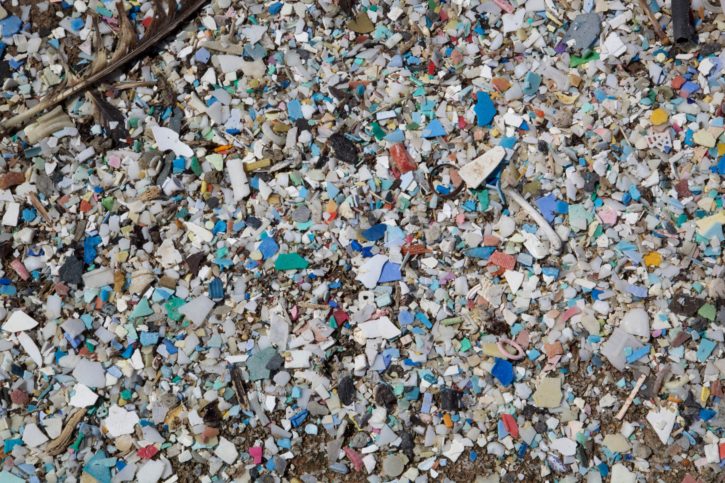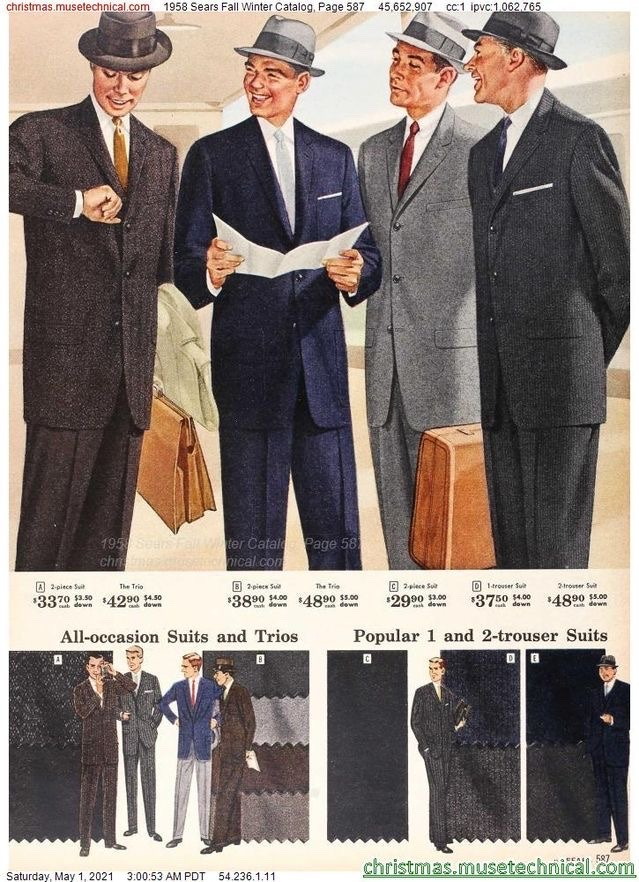
"#Puffery" is a funny word! It's the word that lawyers use when their clients are accused of unlawful speech acts, such as fraud or libel. In that context, "puffery" (or, even better, "mere puffery") is a synonym for #bullshit. 1/ 

If you'd like an essay-formatted version of this thread to read or share, here's a link to it on pluralistic.net, my surveillance-free, ad-free, tracker-free blog:
pluralistic.net/2022/04/26/pla… 2/
pluralistic.net/2022/04/26/pla… 2/
Recycling is puffery. Which is to say, recyling is bullshit.
Plastic recycling started with a "puffery" campaign. In 1973, Exxon researchers told the company that there was no feasible way to recycle plastics, and that there likely never would be.
pluralistic.net/2020/09/14/the… 3/
Plastic recycling started with a "puffery" campaign. In 1973, Exxon researchers told the company that there was no feasible way to recycle plastics, and that there likely never would be.
pluralistic.net/2020/09/14/the… 3/
Exxon sprang into action! They created a puffery campaign! They invented the little recycling logo, three arrows pointing at each other, telling us that plastic was part of a new, "circular" economy. Oil is made into plastic, plastic is used, plastic is recycled. 4/
Everybody wins!
We - the "consumers" (ugh) - bought it. We bought the plastic, sure, but we bought the puffery, too. We sorted our plastic, washed it, set it out on the curb. 90% of it was never recycled. 90% of it never will be. 5/
We - the "consumers" (ugh) - bought it. We bought the plastic, sure, but we bought the puffery, too. We sorted our plastic, washed it, set it out on the curb. 90% of it was never recycled. 90% of it never will be. 5/
I remember when recycling came to Ontario. Prior to our curbside blue-boxes, we had refillable bottles: standard beer and soda bottles that you redeemed for a deposit so they could be returned to a depot, washed, and sent out to bottlers. 6/
This meant that it was harder for the likes of Coke to brand their bottles - but it also meant we didn't fill our oceans, landfills, and blood and tissues with immortal petroleum candidates. 7/
Maintaining the recycling puffery took work, because reality has a completely unfair anti-plastic bias. 8/
Every couple of years, we'd learn something else about how horrible, harmful, and catastrophic plastics were, and the industry would spring into action with innovative new puffery. 9/
For example, as our public spaces filled up with immortal plastic waste, Big Plastic hired an Italian to dress up like a Native American and weep by a roadside about the scourge of "littering." 10/
It was an exciting puffery campaign that blamed us, the littering public, for despoiling our cities and roads:
chicagotribune.com/opinion/commen… 11/
chicagotribune.com/opinion/commen… 11/
That "Keep America Beautiful" campaign was created to shift the blame for environmental devastation from the companies that profited handsomely from it to you and me, by invoking America's state religion: "personal responsibility." 12/
Like other orthodox religious doctrines (like selling papal indulgences, say), "personal responsibility" lets powerful people off the hook and burdens the rest of us. 13/
Like when the car was invented and thousands who couldn't afford cars were slaughtered by the tiny minority of Americans who could: the auto industry did a puffery, inventing the idea of "jaywalking," blaming the dead for their own murders:
marker.medium.com/the-invention-… 14/
marker.medium.com/the-invention-… 14/
The automotive Big Lie never died: we still routinely blame "pedestrians" (another puffery!) for their personal failings when they are killed or maimed by cars. 15/
Today, people with self-driving car brain-worms are saying that EVs' propensity for running people over is a problem with people, not "AI":
pluralistic.net/2020/09/30/dea… 16/
pluralistic.net/2020/09/30/dea… 16/
But the recycling Big Lie is (finally) wearing thin, as plastics advocates run out of ideas for new puffery, and as the issues of water justice, waste disposal and health come together in a devastating assault. 17/
The most obvious villain in the recycling lie is the bottled water industry, which manages to embody several kinds of evil at once, from expropriating watersheds to filling our bodies with microplastics. 18/
To top it all off, bottled water is one of those increasingly unpopular monopolies: Bluetriton (nee Nestle Waters) is a play by One Rock Capital Partners, which bought and rolled up "Poland Spring, Pure Life, Splash, Ozarka, and Arrowhead, among many other brands." 19/
Bluetriton is a fucking nightmare of a company, the kind of firm that illegally siphons water out of national forests. But in its public communications, Bluetriton paints itself as an environmental steward:
instagram.com/p/CPWZTxHFQ1r/ 20/
instagram.com/p/CPWZTxHFQ1r/ 20/

Central to those claims are Bluetriton's boasts about its recyclable plastics: "We use #1PET plastic, which can be used over and over again!...100% recyclable … and can be used for new bottles and all sorts of new, reusable things." 21/
As @fastlerner writes for @theintercept, these recycling lies were a bridge too far. In August, the @earthisland Institute sued Bluetriton for false advertising under DC's onsumer Protection Procedures Act.
theintercept.com/2022/04/26/pla… 22/
theintercept.com/2022/04/26/pla… 22/
The lawsuit's claims were straightforward: Bluetriton claims its bottles are "recylcable" but it knows that there's no cost-effective way to recycle them, and so the bottles end up in landfills or floating in the ocean.
documentcloud.org/documents/2174… 23/
documentcloud.org/documents/2174… 23/
Enter puffery. Last month, Bluetriton's lawyers submitted a motion to dismiss, arguing that "the statements at issue here constitute non-actionable puffery." 24/
They said that "BlueTriton’s representation of itself as ‘a guardian of sustainable resources’ and ‘a company who, at its core, cares about water’ is vague and hyperbolic."
documentcloud.org/documents/2171… 25/
documentcloud.org/documents/2171… 25/
Sometimes, the priesthood of the American religious doctrine of "personal responsibility" slip up and call this doctrine by its plainer name: #CaveatEmptor. That is, "If you get hurt or ripped off, it's your fault." 26/
But caveat emptor is incompatible with "puffery." If Bluetriton's argument is that people know what they're buying and choose it anyway, that argument collapses when the company admits that it lies to its customers about what they're buying. 27/
In truth, the American religious doctrine is neither "personal responsibility" (otherwise CEOs who preside over crimes like stealing water from a national forest would go to jail). It's also not "caveat emptor" (or companies would tell us the truth so we could choose wisely). 28/
The true bedrock of American religious dogma is, in the words of Frank Wilhoit: "exactly one proposition, to wit: There must be in-groups whom the law protectes but does not bind, alongside out-groups whom the law binds but does not protect."
crookedtimber.org/2018/03/21/lib… 29/
crookedtimber.org/2018/03/21/lib… 29/
• • •
Missing some Tweet in this thread? You can try to
force a refresh

















